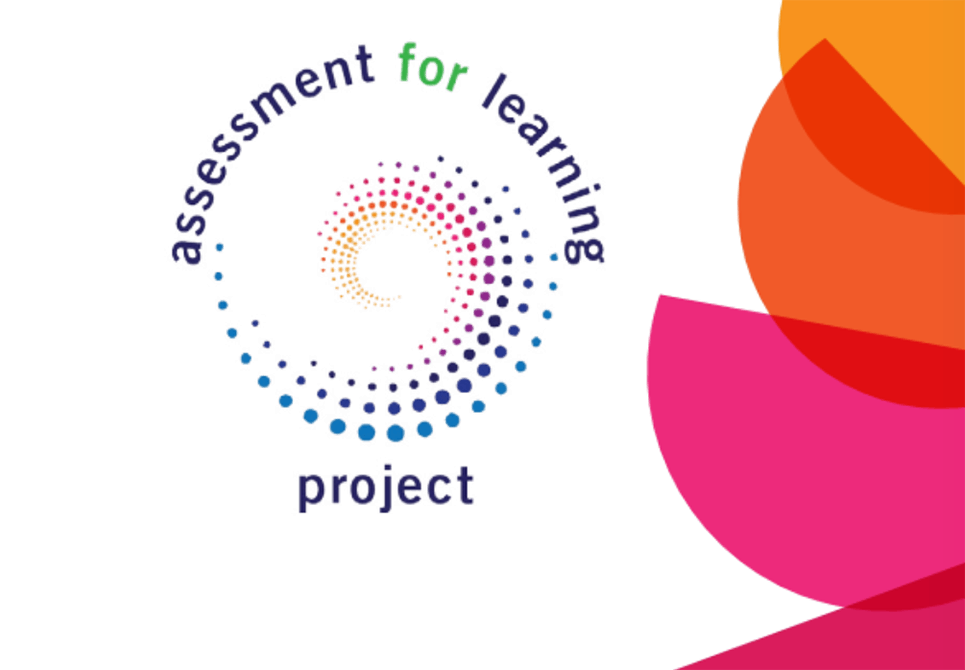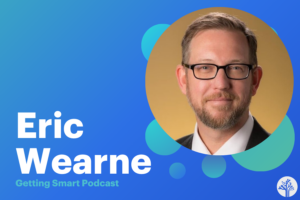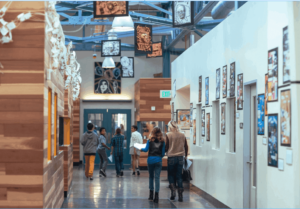Assessment for Learning Project

Gene Wilhoit is focused on the student learning experience: What is learned, how it’s learned, where learning happens, how learning is demonstrated, and how learning is credentialed.
The former head of the Council of Chief State School Officers (CCSSO) describes three critical attributes of a system of personalized learning:
- Clear, high expectations: For the knowledge, skills, and dispositions necessary for success in college and careers;
- Competency-based education: Demonstrating learning through meaningful assessment; accountability for the learner and those who support the learner.
- Customized pathways: Anytime, anywhere learning opportunities with comprehensive supports.
With Linda-Darling Hammond, Wilhoit’s vision for a new system is laid out in their paper, Accountability for College and Career Readiness: Developing a New Paradigm.
With colleagues Linda Pittenger, Carmen Coleman, and Sarah Lench, Wilhoit leads the National Center for Innovation in Education at the University of Kentucky. In partnership with NGLC, the center announced a new program of work called the Assessment for Learning Project.
The project addresses three limitations of our current system:
- We don’t measure enough of the right things. Traditional summative assessments rely on easily scored items and cover only a small percentage of what matters most, the knowledge, skills, and dispositions most predictive of success
- We don’t measure in ways that enhance teaching and learning. Assessment is too often treated as an event rather than a process, isolated from instruction and conflated with accountability
- We don’t engage educators. We are not sufficiently preparing and empowering educators to determine the most appropriate roles for assessment in support of personalized learning
With support from the Bill and Melinda Gates Foundation and the William and Flora Hewlett Foundation, the partnership is launching a $2 million grant program that will support pilot programs that will attack these problems.
In the first phase of the Assessment for Learning Project grants there will be 12 to 15 grants with a duration of six to 12 months. Grants will range from $50,000 to $225,000, commensurate with the complexity of the work. Grantees will benefit from technical assistance. Follow on grants may be provided to support deeper work and scaling.
“We are strong advocates for a much more active role, in fact, a leading role for teachers. For too long, teachers have been asked to be consumers of others’ ideas and programs. We should be engaging teachers in central roles in all of this work,” says Wilhoit. He added, “To make this a reality, historic practices and structures dating back many decades will be replaced by dynamic learning communities during this project’s initial phase and beyond.”
Applications for the Assessment for Learning project are due by December 10, 2015 and decisions will be made by January 2016. Learn more and apply here.
For more see
Stay in-the-know with all things EdTech and innovations in learning by signing up to receive the weekly Smart Update.






0 Comments
Leave a Comment
Your email address will not be published. All fields are required.